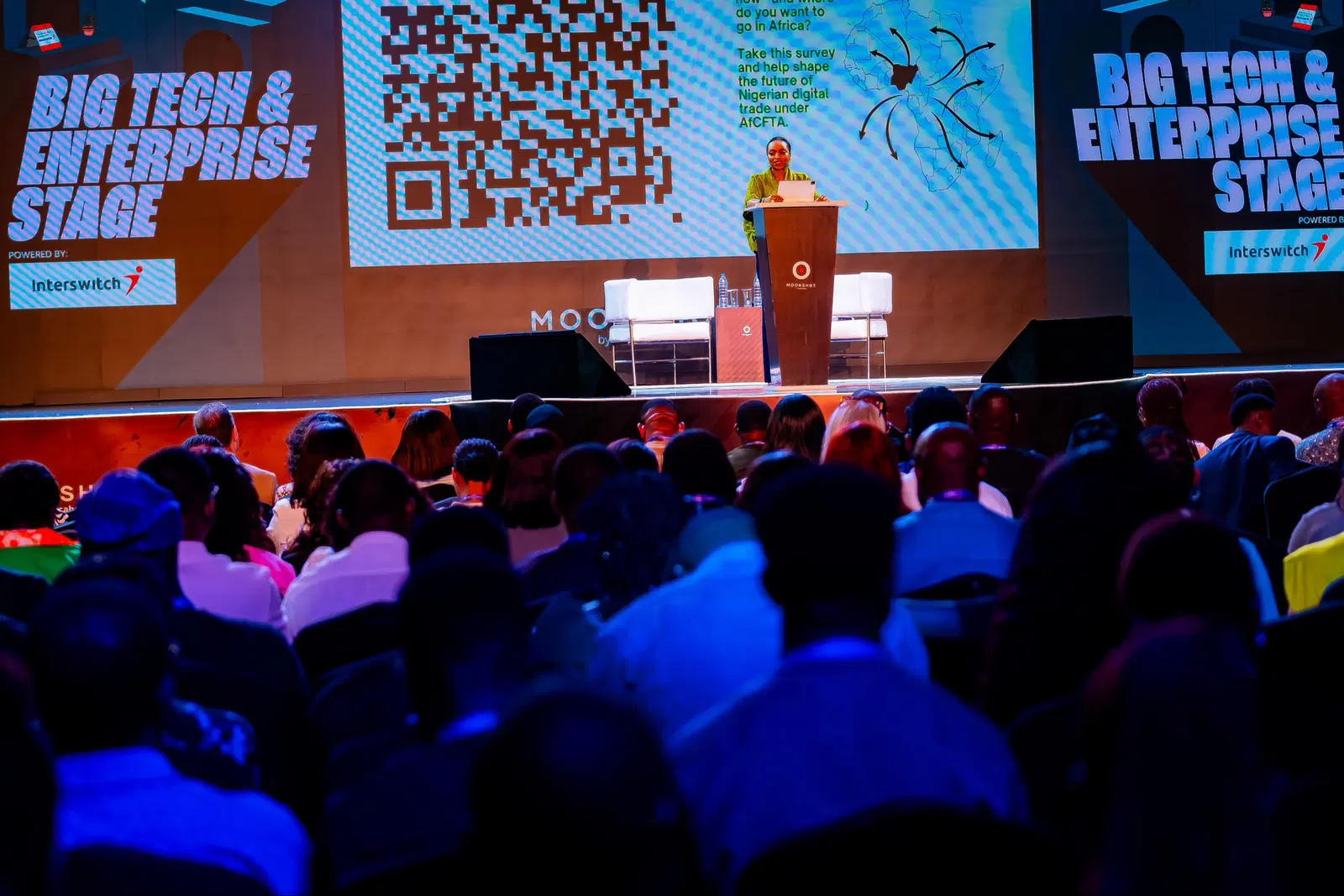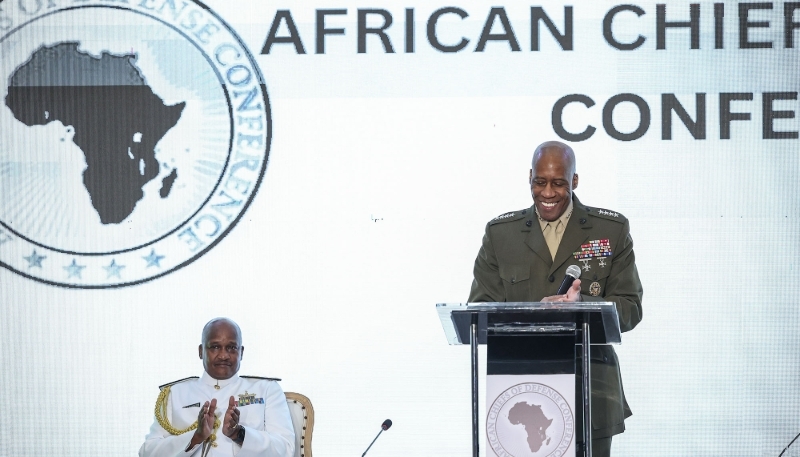Moonshot 2025 conference reveals AI’s transformative impact extends far beyond efficiency gains
The conversation around artificial intelligence in recruitment has long been dominated by discussions of speed and automation. But at Moonshot 2025, a gathering of technology and business leaders across Africa, experts painted a more nuanced picture: AI is fundamentally reshaping not just how quickly companies hire, but who gets hired—and why.
Beyond the Speed Narrative
“Everyone talks about AI making hiring faster,” noted one panelist at the conference. “But the real revolution is in making it fairer and more strategic.” This sentiment echoed throughout the sessions, as speakers highlighted how AI tools are addressing some of Africa’s most persistent recruitment challenges.
Traditional hiring practices across the continent have long been plagued by unconscious bias, limited reach, and resource constraints that favor candidates from established networks. AI-powered platforms are beginning to disrupt these patterns in meaningful ways.
Expanding the Talent Pool
One of the most significant shifts highlighted at Moonshot 2025 is how AI is democratizing access to opportunities. Machine learning algorithms can now scan applications from thousands of candidates across diverse geographical locations, evaluating skills and potential rather than pedigree alone.
For companies operating across Africa’s 54 countries, this means accessing talent in regions previously overlooked due to logistical constraints. A software developer in Kigali now has the same algorithmic chance of being noticed as one in Lagos or Nairobi—provided their skills match the requirements.
Skills-Based Assessment Revolution
Perhaps most transformative is the shift from credential-based to skills-based hiring. AI-powered assessment tools can evaluate candidates through practical simulations, coding challenges, and scenario-based testing that reveal actual competencies rather than just educational backgrounds.
This approach particularly benefits candidates from non-traditional educational pathways—those who learned through bootcamps, online courses, or self-directed study. In a continent where access to formal higher education remains uneven, this represents a significant equalizing force.
Addressing Bias, Creating New Challenges
Experts at Moonshot 2025 were quick to note that AI is not a panacea. While algorithms can reduce human bias, they can also encode new forms of discrimination if not carefully designed and monitored. Speakers emphasized the importance of diverse teams building these tools and regular audits to ensure fairness.
“We need Africans building AI for African contexts,” one expert stressed. “The biases in a system trained predominantly on Western data may not serve our markets well.”
The Human Element Remains Critical
Despite AI’s growing role, conference participants unanimously agreed that human judgment remains irreplaceable in final hiring decisions. AI should augment, not replace, human recruiters—handling initial screening and candidate matching while humans focus on cultural fit, soft skills assessment, and strategic decision-making.
Looking Ahead
As AI adoption accelerates across African organizations, the technology promises to address critical pain points: reducing time-to-hire in fast-growing sectors, cutting recruitment costs for resource-constrained companies, and most importantly, identifying talent that traditional processes might miss.
The consensus from Moonshot 2025 was clear: AI in recruitment is about building better, more inclusive hiring ecosystems. The question now is not whether AI will transform African hiring practices, but how quickly organizations can adopt these tools responsibly and effectively.
For Africa’s burgeoning tech sector and beyond, getting recruitment right means getting growth right. If the insights from Moonshot 2025 are any indication, AI may finally be the tool that helps the continent’s organizations match their ambitious growth trajectories with the talent needed to sustain them.
This article is based on discussions and insights shared at Moonshot 2025, a conference focused on technology innovation and digital transformation across Africa.




